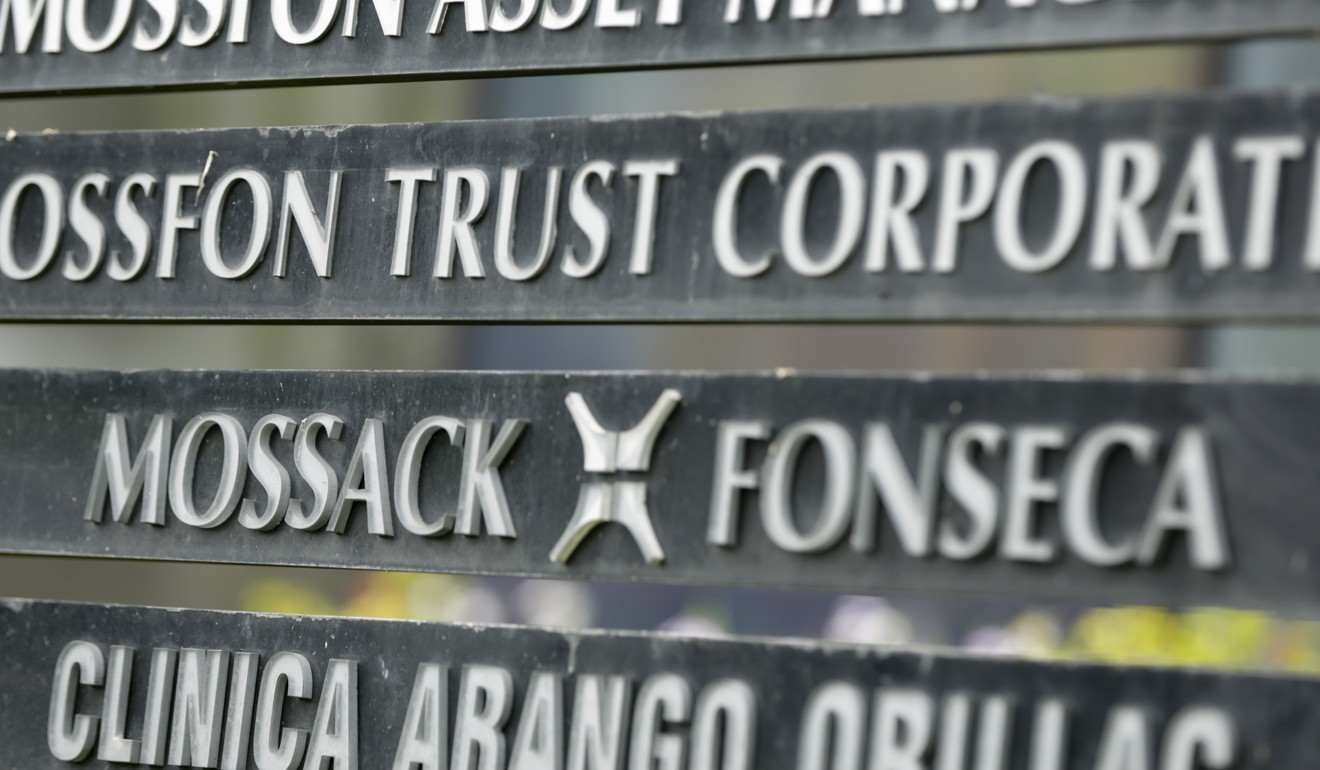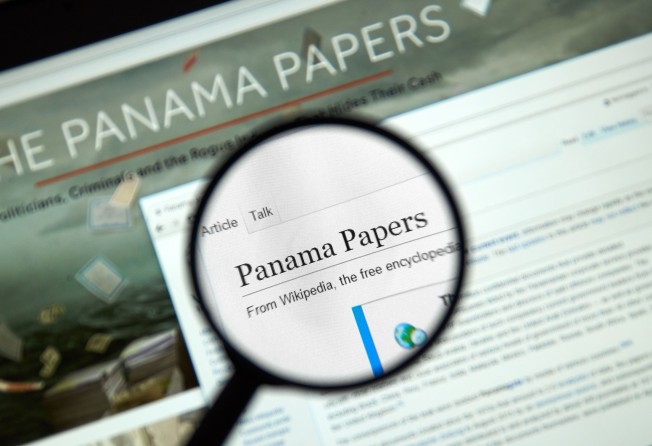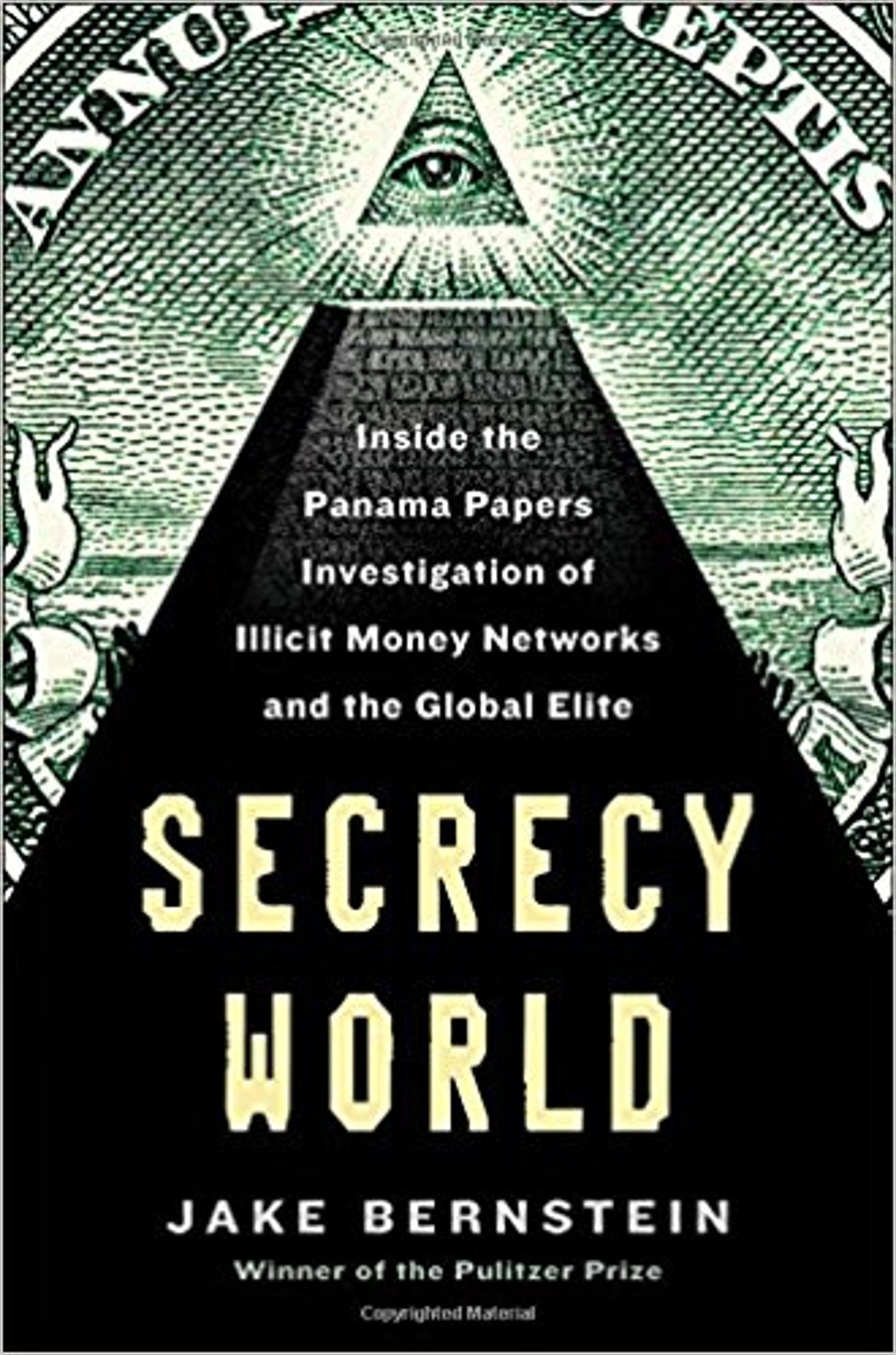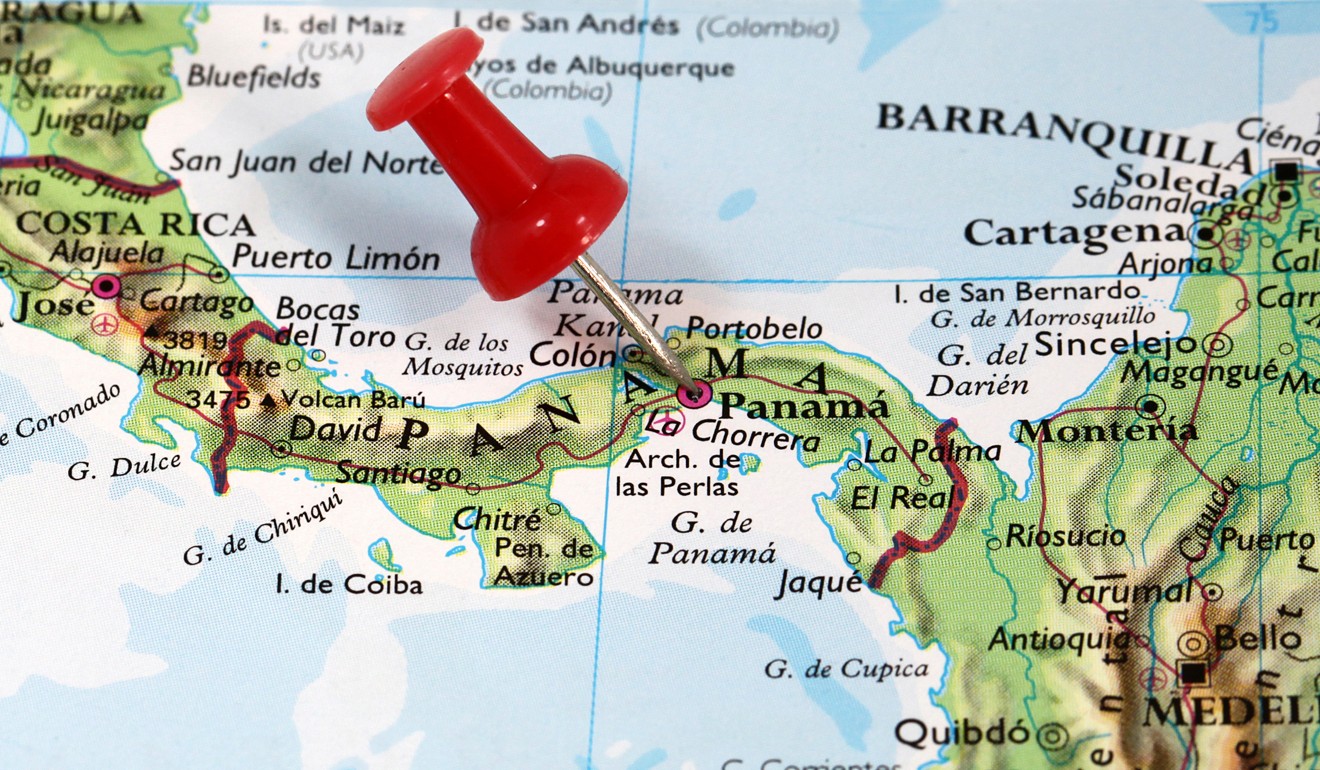
Inside the Panama Papers investigation of elite’s hidden wealth – new book Secrecy World reviewed
Author Jake Bernstein focuses on the stories of those who broke the law, evaded taxes, circumvented international sanctions, hid assets, cheated partners, or ‘normalised’ fortunes made through crime and corruption

Secrecy World: Inside the Panama Papers Investigation of Illicit Money Networks and the Global Elite
by Jake Bernstein
Henry Holt
3 stars
In the days after the events of September 11, 2001, it became clear to intelligence agencies that tracking the funds of terrorist groups and individuals was one of the most powerful tools at their disposal. Thus, “follow the money,” a Watergate-era dictum, acquired renewed relevance in the 21st century.
Monitoring money flows would not only allow those fighting terrorism to disrupt al-Qaeda’s financial support, but, even more important, it could provide actionable intelligence about the terrorists’ identities, their whereabouts and, in some cases, even their future targets.
Unfortunately, it became equally apparent that there were significant hurdles in tracking these money flows. The international financial system was rife with centuries-old rules, institutions and practices that made it easy for banks to shield their clients’ identities and hide their assets and transactions from the prying eyes of tax authorities, law enforcement agencies, and litigious business partners or former spouses.
Guaranteeing secrecy and anonymity to their customers was the main promise of most banks catering to a wealthy international clientele. This needed to change.
The month after the attacks, the US Congress enacted the Patriot Act, a broad set of provisions aimed at enhancing domestic security against terrorism, strengthening border controls, boosting surveillance and improving intelligence gathering. The law also included a section “intended to facilitate the prevention, detection and prosecution of international money laundering”.

This mandated strict new controls on financial transactions and unprecedented banking regulations, such as the obligation to know the identities of the ultimate owners of accounts held offshore and of those involved in international money transfers. Moreover, Washington vigorously pressed other nations to adopt similar measures.
In Secrecy World: Inside the Panama Papers Investigation of Illicit Money Networks and the Global Elite, two-time Pulitzer Prize winner Jake Bernstein shows that almost two decades of governmental efforts to make the global financial system more transparent have yielded scant results.
While the system is now more tightly regulated and its controls harder to evade, those who have the motives and the money can still buy opacity, anonymity and secrecy for their financial dealings.
Bernstein, an experienced journalist, was a senior member of the International Consortium of Investigative Journalists (ICIJ) team that broke the Panama Papers story, which in 2017 won the Pulitzer Prize for explanatory reporting.
The Panama Papers consist of more than 11 million files stolen from law firm Mossack Fonseca and anonymously obtained by the German newspaper Süddeutsche Zeitung, which turned for help in analysing them to the ICIJ.

The consortium then organised a massive investigative effort that eventually involved journalists from 107 media organisations in more than 80 countries. The large endeavour was necessary because of the scale of the leak – the files contained 2.6 terabytes of data, far more than the information made public by WikiLeaks in 2010 or Edward Snowden in 2013.
But as Bernstein painstakingly documents, the impact of the Panama Papers was not due to just the huge size of the leak but the details it revealed about how the shadowy world works and who some of its inhabitants are. Most of them are not household names, just very rich individuals.
Bernstein, however, is not that interested in the run-of-mill global rich who seek anonymity. Instead, he concentrates on telling the stories of those who broke the law, evaded taxes, circumvented international sanctions, hid assets, cheated partners, or “normalised” fortunes made through crime and corruption. Among Mossack Fonseca‘s best-known clients are a dozen current or former heads of state, including dictators with immense fortunes that were impossible to accumulate honestly.
They also include more than 60 relatives and friends of heads of state and influential politicians, including close associates of Vladimir Putin and relatives of eight current and former members of China’s ruling Communist Party Politburo.
Bernstein also notes that “though Donald Trump did not personally interact with Mossack Fonseca, the Trump Organisation engaged in real estate transactions with Panama-based Mossfon companies as early as 1994”.
The book concludes with a chapter entitled “The Secrecy World Enters the White House”, which describes how several important – and quite shadowy – business associates of the current US president had extensive links to Mossack Fonseca.
While the book’s ending paragraphs stress that, even before the publication of the Panama Papers, the secrecy world was adapting and changing to new circumstances, Bernstein does not offer any significant insights about the future of that world.
He does note that “secret bank accounts were finding new homes in Dubai and Singapore” and that “the only difference was that it now cost more”.

What are the larger implications of the fact that one of the leading dwellers of the secrecy world was a giant, but largely unknown and poorly regulated Panamanian law firm? And the fact that the organisation leading the global investigation was not one of the world’s media powerhouses, but instead a small non-governmental organisation that, despite its meagre financial resources, deployed what probably was one of the largest journalistic projects ever undertaken?
What about the end of privacy and secrecy? Can the rich who hide their money behind seemingly secure offshore legal structures sleep well at night, knowing that hackers and whistle-blowers may divulge to the world their most private and sensitive financial secrets at any time?
As Bernstein correctly suggests, many aspects of the secrecy world are still intact. But many others are in flux. The broader world is changing rapidly. And that will create a very different offshore world from the one that has existed before.